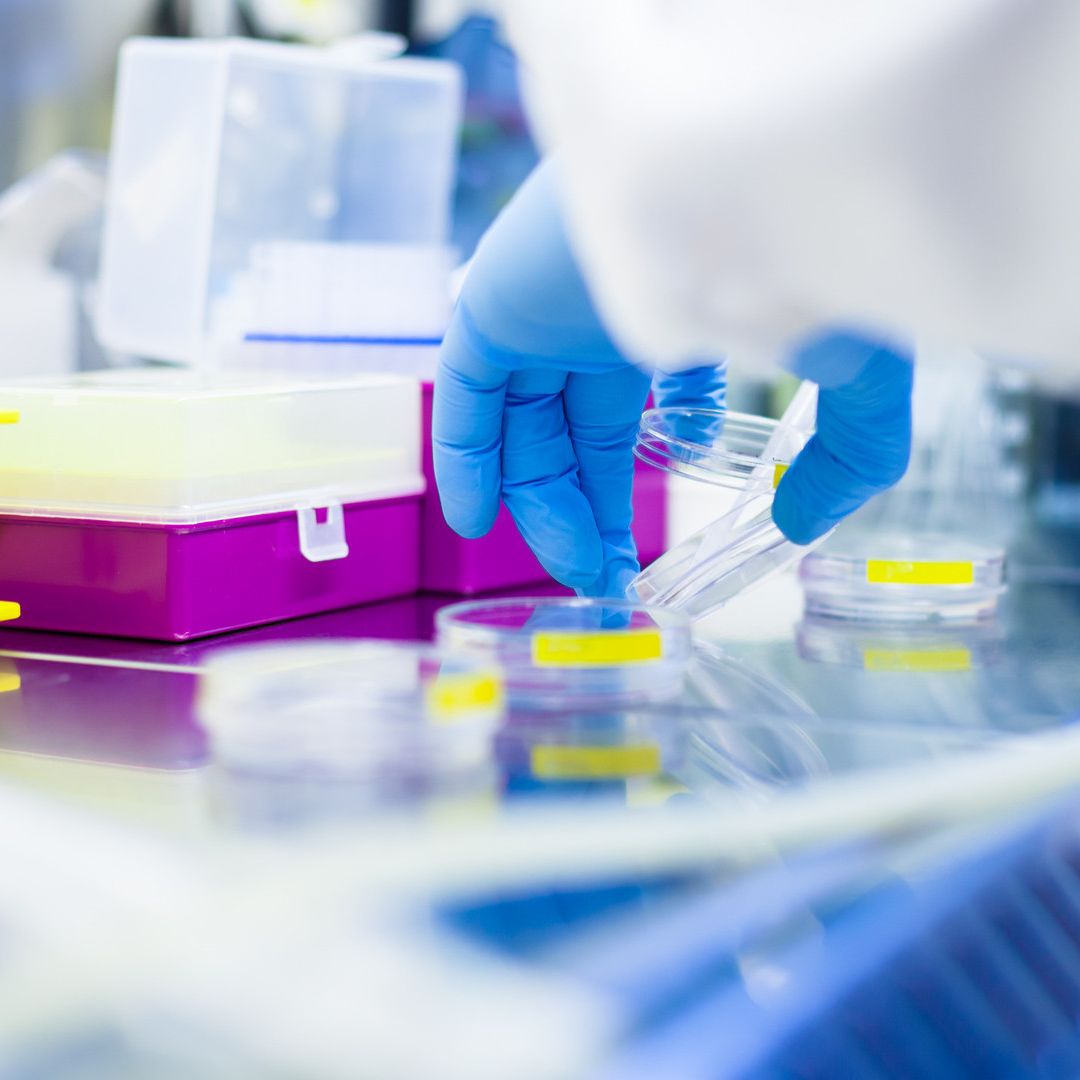Vitamins, minerals, trace elements laboratory tests
Why is laboratory testing important?
Laboratory tests can help identify or, where appropriate, rule out the underlying diseases.
However, it is important to highlight that the result of a laboratory test does not in itself constitute a diagnosis, only the results are included in the finding. You will receive the diagnosis, therapy or treatment recommendation from your specialist or treating physician who ordered the laboratory tests.
Contact your doctor with all laboratory test results.

Vitamins, minerals, trace elements
Vitamins are organic compounds that are essential for the body to function properly, but the body is not always able to produce them, so they enter the body in the form of nutrients.
The absorption and utilization of vitamins are greatly influenced by the minerals from which our body needs different amounts. However, in contrast to vitamins, the body is not able to produce minerals at all, so they must always be replaced from the outside.
Trace elements are minerals that are present in very small amounts in our body, but play an important role in the functioning of our metabolic processes.
With a varied diet, the intake of minerals, trace elements and vitamins can be ensured, however, in case of certain conditions or increased strain, additional supplementation may be necessary. Their lack can be a sign of illness even with proper nutrition.
Available laboratory tests
- Vitamin A
- Active B12
- Vitamin B12
- Coenzyme Q10
- Vitamin C
- Vitamin D (25-OH calciferol)
- Vitamin D3 (1,25-OH D3)
- Vitamin E
- Iodine (serum)
- Vitamin K
- Selenium
- Toxic metals (blood serum)
- Toxic metals (urine)
- VLCFA
